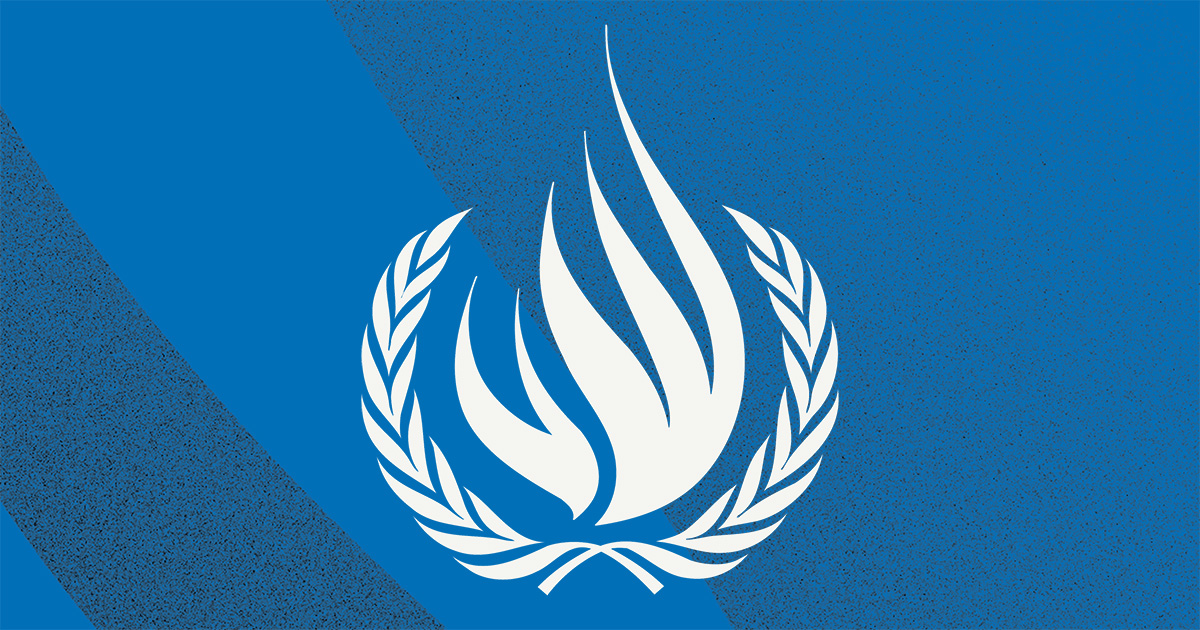
The first Arab Human Development Report, published almost 20 years ago, warned of a “poverty of opportunity” in the Arab world. With this warning unheeded, the region erupted in public protest and revolution. A decade on from the Arab Spring, opportunities for human development are still unevenly distributed across the region.
With young people making up almost half of the population, the Arab world is home to the highest rates of youth unemployment in the world. Though governments have taken note of this demographic reality, it has not been a policy priority. Its critical importance was underscored last week, however, when four separate UN agencies warned that the Arab world is host to the highest rates of unemployed youth globally.
A joint-release by the International Labour Organization, the UN Development Programme, the UN Population Fund and UNICEF warned that “more than 33 million new jobs need to be created in the Middle East and North Africa region by 2030 if the world’s largest unemployment hotspot is to be substantially improved.” The warning was stark ahead of the two-day, high-level “Learning2Earning” event in Amman, which focused on young people’s skills and transition to work.
The statement was unequivocal in that several international agencies were unified in calling for reform to allow “healthy, skilled educated adolescents and youth to drive positive change.” Hosted by Jordan, where youth unemployment is conservatively estimated at a staggering 32 percent, while limited opportunities have led to civil strife in neighboring Lebanon and Syria, the policy recommendations of the gathering found a captive audience.
While the region has always struggled with educating its pronounced demographic bulge, the pandemic has exacerbated the situation, with there today being 112 million fewer full-time jobs than there were in 2020. The interruption of two school years, coupled with the stress on national budgets, has deepened the education crisis and widened existing inequalities.
The great educational tragedy unfolding in the Arab world is centered on education systems and curricula not matching the evolving labor market and the changing nature of work. Critical to the modern economy are skills such as communication, creativity, critical thinking, problem-solving and cooperation — areas that are often found lacking in Arab curricula.
Jordanian start-up Abwaab, which was established to bridge this gap following the disruption to education during the pandemic, is an example of filling the gaps that exist. Hamdi Tabbaa, its co-founder and CEO, notes: “Education is the most powerful tool to unleash the human potential of the upcoming generation in the Arab world. As the job market rapidly evolves over the coming decade, equipping students with the right educational background will be a main factor contributing to the drop of unemployment and increasing economic empowerment.”
There is no doubt that third parties can and are making up for institutional shortcomings, but the solution lies with policymakers. Governments in the MENA region should adopt education policies that target the quality of education, ensuring it meets labor demands. They must also address the structural deficiencies that worsen the situation.
While the region has always struggled with educating its pronounced demographic bulge, the pandemic has exacerbated the situation.
Zaid M. Belbagi
While young Arab women have made remarkable gains in educational attainment in the last three decades, unemployment rates among young women in the region are 80 percent higher than those of young men. The lack of involvement of women in the labor force has a dire impact on economic productivity, household incomes and even infant mortality.
With the Arab world set to suffer significantly from the effects of climate change, an emphasis on education and the knowledge economy is essential to avoid the worst of the migration, displacement and famine that rising temperatures in the region will cause. Even though there are substantial differences in political, social and economic conditions across MENA countries, they must be united in facing the challenge of youth unemployment.
Zaid M. Belbagi is a political commentator, and an adviser to private clients between London and the GCC. Twitter: @Moulay_Zaid









